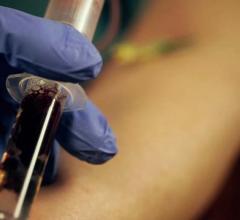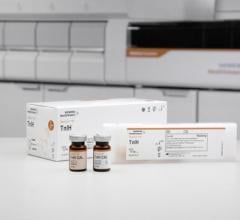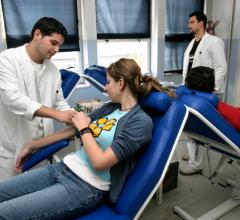August 14, 2007 - Baseline serum complement component C4 is among independent predictors of stroke in patients with known or suspected coronary artery disease.
"What we have shown," lead investigator Dr. Erdal Cavusoglu told Reuters Health, "is that the complement components C3 and C4 were independent predictors of the future development of stroke in a broad and heterogenous population of patients who were referred for coronary angiography. C4 seemed slightly stronger than C3."
In the July 15th issue of the American Journal of Cardiology, Dr. Cavusoglu of Bronx Veterans Affairs Medical Center, New York and colleagues note that there is some data in the literature on C3 in prediction of stroke, but none for C4.
To investigate further, the researchers studied 389 men referred for angiography for a variety of indications.
During 24 months of follow-up, there were 23 strokes and elevated baseline C4 was an independent risk factor for such an event (hazard ratio 1.57).
Stroke-free survival in subjects whose C4 levels were at or below the median was 96.1 percent. For those with higher levels, it was 90.1 percent.
The researchers also found that established markers such as erythrocyte sedimentation rate and baseline levels of fibrinogen and high-sensitivity C reactive protein were predictive of stroke.
However, concluded Dr. Cavusoglu, "the finding that C4 predicted risk independently from these nonspecific markers of inflammation, suggests that measurement of C4 may add prognostic value above and beyond markers of acute-phase response in patients with known or suspected coronary artery disease."
Source: Reuters
Author: David Douglas
For more information: www.ajconline.org


 October 09, 2019
October 09, 2019 









